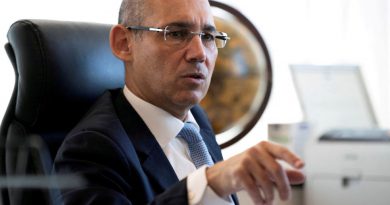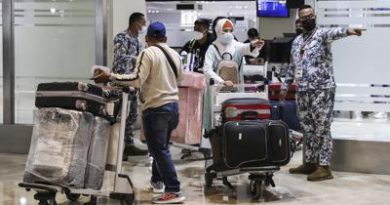Starbucks Workers Push for Progress as Union Vote Signals Hope for Stronger Collaboration
As Starbucks baristas vote to authorize a potential strike ahead of the bustling holiday season, the move highlights employees’ growing call for better working conditions and a more unified future with the company.
The development could pave the way for stronger collaboration and lasting reform in America’s retail labor landscape.
Starbucks, one of the world’s most recognizable coffee brands, finds itself at the center of a renewed labor movement as its unionized baristas vote to authorize an open-ended strike.
The decision, announced by Starbucks Workers United, represents not just a demand for better pay and working conditions—but also an opportunity for dialogue, change, and partnership between workers and the company.
The union’s vote comes ahead of the coffee chain’s annual Red Cup Day on November 13, one of the busiest days of the year for Starbucks stores across the United States.
Workers have said they are prepared to take action if a fair contract is not reached before that date, potentially affecting operations in more than 25 major U.S. cities.
While the announcement has sparked concern about potential disruptions, it also signals a strong desire among employees to establish fairer labor standards that could strengthen the company’s long-term foundation.
Starbucks Workers United has filed over 1,000 charges against the company for alleged unfair labor practices with the National Labor Relations Board, seeking recognition for the concerns of baristas across the country.
The union currently represents about 9,500 workers, roughly 4% of Starbucks’ café workforce—a figure that continues to grow as more locations express interest in organizing.
Union spokesperson Michelle Eisen, a former Starbucks employee of 15 years, said the movement is not about confrontation, but about being heard.
“If Starbucks keeps stonewalling, they should expect to see their business grind to a halt. The ball is in Starbucks’ court,” she stated.
Her message underscores a broader sentiment shared by many employees who believe that cooperation, transparency, and fair negotiations can lead to meaningful progress for both workers and management.
The union has been in talks with Starbucks since last year, pushing for improved staffing levels, better pay, and stronger workplace protections.
In October, it announced a vote to picket in 60 cities across the U.S., emphasizing the need for fair treatment and a contract that reflects employees’ contributions.
For its part, Starbucks maintains that it already offers some of the most competitive employment benefits in the retail industry. In a statement, the company reaffirmed its commitment to its employees, saying that “any agreement needs to reflect the reality that Starbucks already offers the best job in retail.”
The company also expressed confidence that it will continue to serve customers during the holiday season, regardless of potential strike activity.
Starbucks CEO Brian Niccol has made clear his intention to restore operational strength and customer satisfaction across U.S. stores. After six consecutive quarters of sales declines, the company reported stabilizing results in late October, with flat same-store sales in North America and a 1% growth in global sales.
These numbers suggest a slow but steady recovery that could benefit further from improved worker engagement and morale.
As part of its broader transformation efforts, Starbucks recently streamlined its operations by closing more than 600 stores, including its flagship unionized outlet in Seattle, and reducing corporate workforce numbers.
These strategic shifts aim to make the company more agile and better positioned to respond to changing market conditions.
In April, union delegates had rejected a company proposal offering annual raises of at least 2%, arguing that the deal did not adequately address healthcare benefits or provide immediate wage increases.
This impasse added pressure on both sides to find common ground before the upcoming holiday season, a critical period for Starbucks’ sales performance.
The movement has also drawn attention from stakeholders outside the company. In October, New York City’s Comptroller, along with several Starbucks shareholders, urged the company to return to the negotiating table with its unionized employees, emphasizing the importance of dialogue in maintaining trust and sustainability.
Despite the tensions, there are signs of optimism. The union’s call for better working conditions reflects a broader shift in workplace culture, where employees increasingly value fairness, respect, and balance.
At the same time, Starbucks has the chance to strengthen its reputation as a forward-thinking employer by engaging constructively with worker representatives.
The company’s continued global success has long been built on the dedication of its baristas—the people who craft millions of cups of coffee each day and embody Starbucks’ mission to inspire and nurture the human spirit.
Ensuring that these workers feel valued, supported, and heard will not only enhance employee satisfaction but also build stronger relationships with customers who increasingly care about ethical labor practices.
Ultimately, this pivotal moment offers both Starbucks and its workers an opportunity to redefine their partnership. By choosing collaboration over confrontation, the two sides can set a precedent for the entire retail industry—showing that progress, fairness, and profitability can coexist.
As negotiations continue, many see this as a hopeful step toward creating a more inclusive and equitable future, one cup of coffee at a time.



